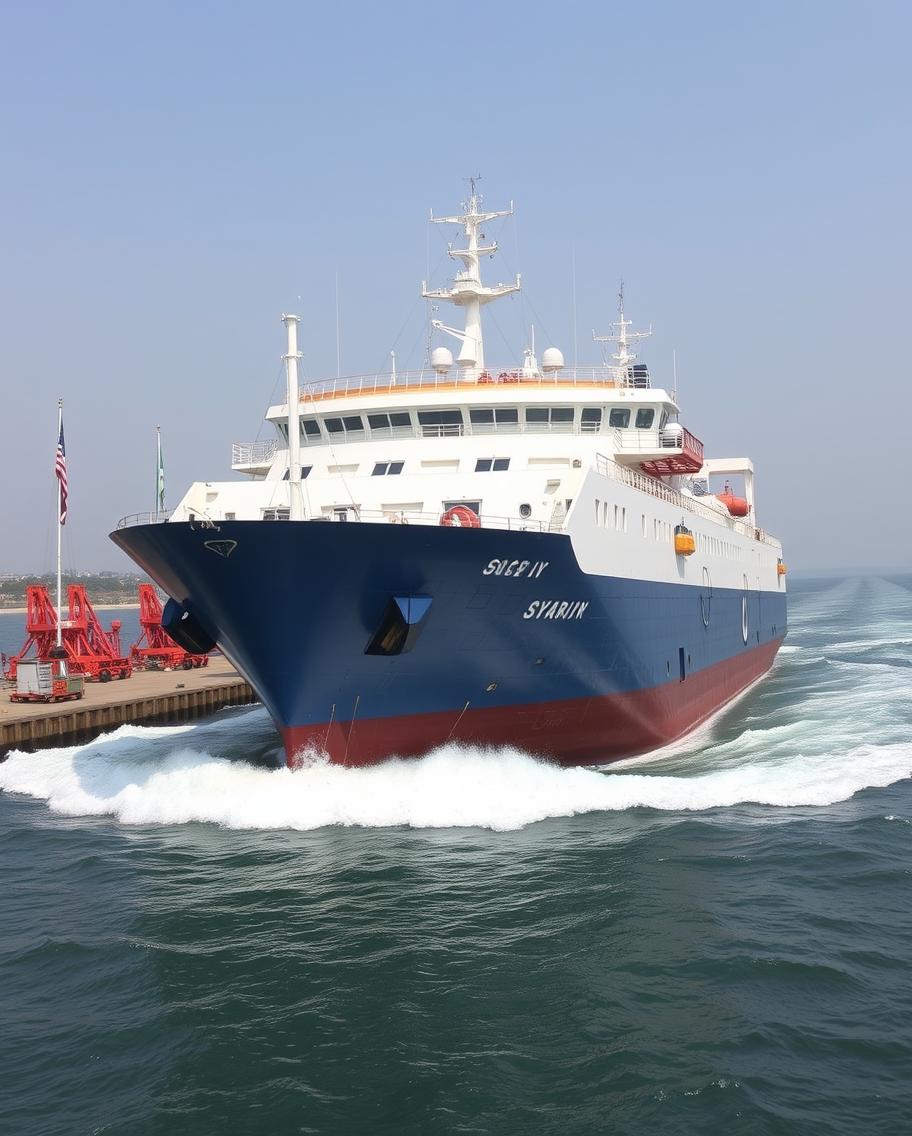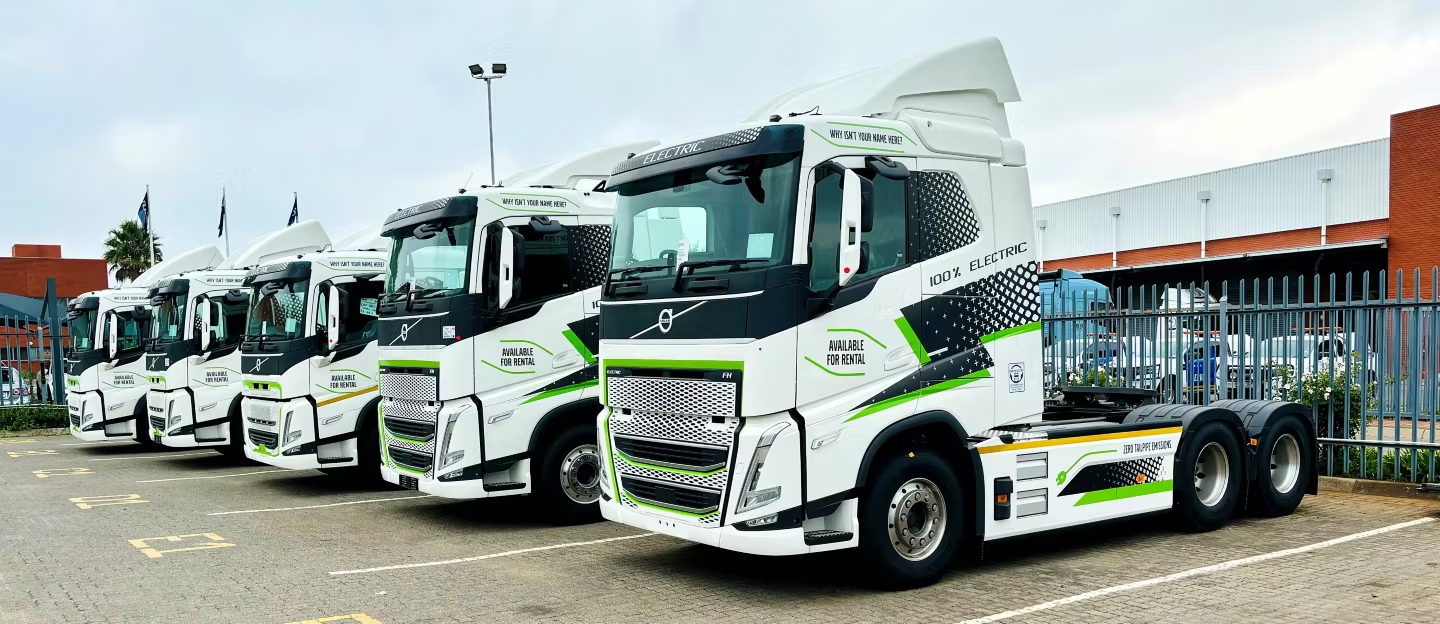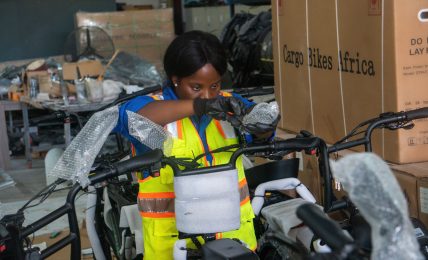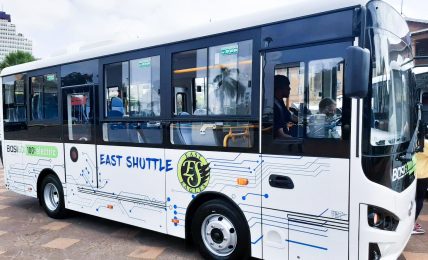Autonomous ships? The growth of shipbuilding industry in Africa
Local shipbuilding is gaining momentum as countries plan for bigger shipyards to strengthen repair capacities, while big markets like South Africa begin construction and testing of AI-powered vessels for export.








